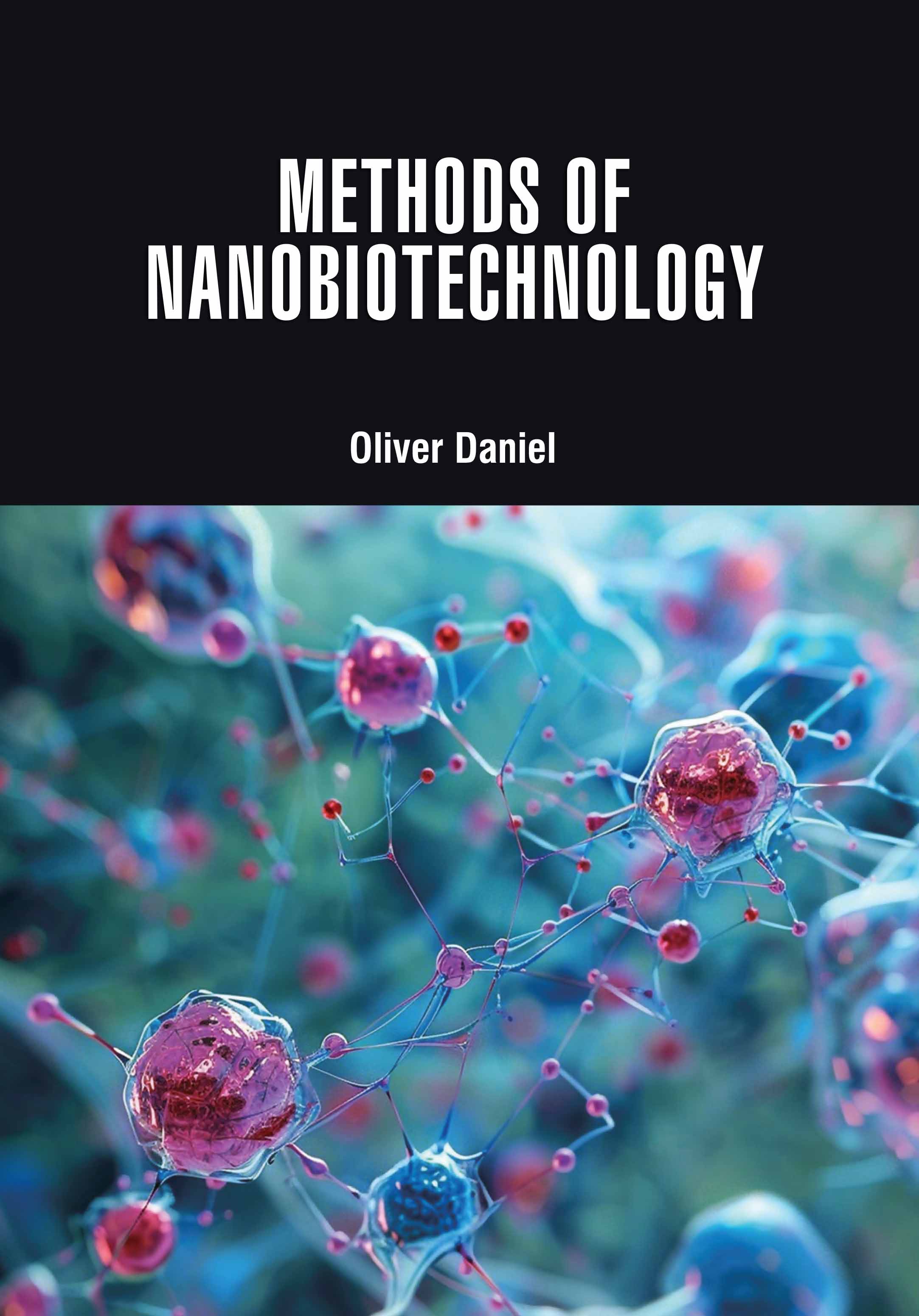About This Book
Microbiology and Immunology are two closely related fields that explore the world of microorganisms
and the body's defense mechanisms against infections. Microbiology focuses on studying
microorganisms such as bacteria, viruses, fungi, and parasites. It delves into their structure, behavior,
genetics, and how they interact with humans and other organisms. Microbiologists also explore the roles
these microorganisms play in health, disease, and environmental processes. Immunology, on the other
hand, is the study of the immune system, which protects the body from harmful invaders. This field
examines how the immune system identifies and responds to pathogens like bacteria, viruses, and
foreign substances. It includes the study of antibodies, immune cells, and molecules that work together
to recognize, attack, and destroy pathogens. Immunologists also investigate how the immune system
can sometimes malfunction, leading to autoimmune diseases or allergies, and how vaccines can boost
immune responses. Both fields are crucial for understanding human health, developing treatments, and
advancing public health measures. The integration of microbiology and immunology contributes to the
development of vaccines, antibiotics, and other medical advancements that help manage infectious
diseases and improve overall health outcomes. "Microbiology and Immunology" explores the intricate
world of microorganisms and the immune system, providing a comprehensive understanding of
microbial life and the body's defense mechanisms.
Contents: 1. Introduction to Microbiology, 2. Biological Structures of Viruses, 3. The Development and
Adaptation of Bacteria, 4. Microbial Deterioration of Food Components, 5. Method of Food Preservation,
6. Fundamentals of Immunology, 7. Fundamental Structure of Immunoglobulins and Antibody, 8. Cells
Involved in Immune Responses and Antigen Recognition.

